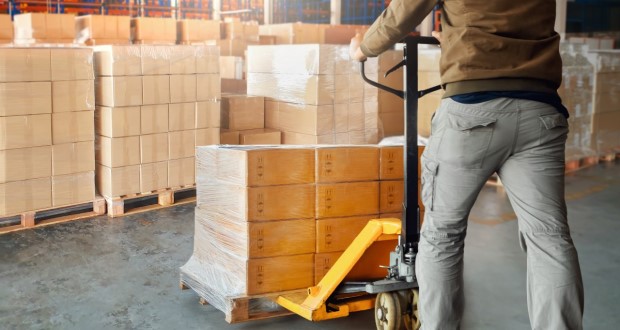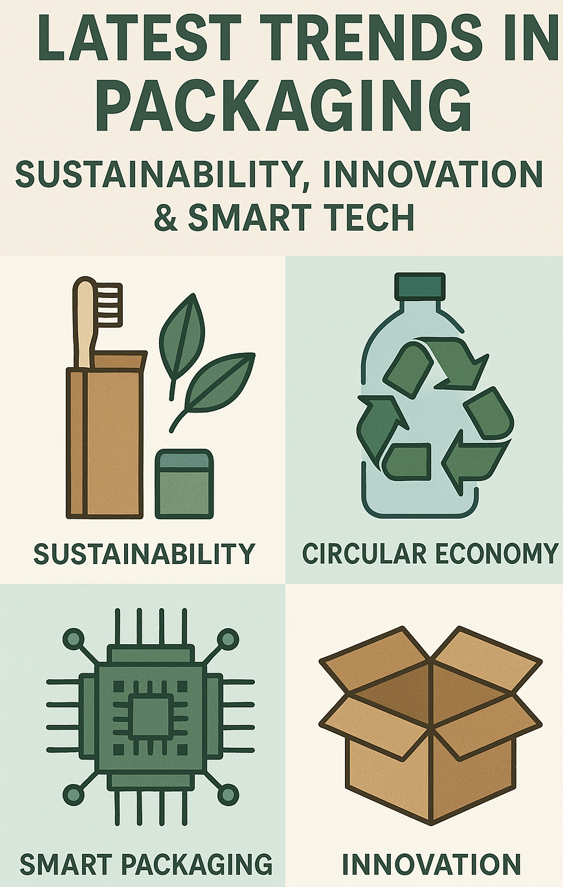
TIMCON Declares “Single-Use” Pallets a Thing of the Past, Celebrates Reuse Milestone
The Timber Packaging and Pallet Confederation (TIMCON) has reiterated its stance on the irrelevance of the terms "single-use" and "limited-use" pallets—a move that began over a decade ago. This shift comes as data highlights significant strides in pallet reuse and repair, showcasing the sector's commitment to sustainability and circular economy principles.
Pallet Reuse Hits New Heights
Between 2015 and 2023, annual research conducted by TIMCON and Forest Research revealed a 40% increase in the number of wooden pallets repaired and reused in the UK marketplace. With an estimated 250 million pallets currently circulating in the UK, thousands are inspected and deemed fit for reuse daily by trained professionals.
Notably, in 2023, the number of repaired pallets (54.1 million) surpassed the number of newly manufactured pallets by 30%, underscoring the inherent design of wooden pallets for multiple cycles of use. This shift is supported by an extensive network of repair facilities across the UK and Ireland.
A Shift in Mindset
TIMCON President John Dye praised the industry’s evolving attitude toward pallet reuse. “We’ve moved beyond outdated perceptions of wooden pallets as single-use items. These are assets designed to be repaired, reused, and recycled multiple times, supporting both environmental goals and business efficiency.”
Brent McClendon, President and CEO of the National Wooden Pallet & Container Association, echoed this sentiment, highlighting the exceptional recovery rates of wooden pallets globally. In the USA, fewer than 5% of wooden pallets end up in landfill—outperforming other packaging products in terms of reuse and recycling.
Leading the Circular Economy
A 2023 report by the European Federation of Wooden Pallet and Packaging Manufacturers (FEFPEB) affirmed the UK as a leader in the adoption of multi-trip pallets, with other EU nations following suit. Since 2013, the use of reusable pallets has seen a steady rise across Europe.
Contrary to common misconceptions, the idea that millions of pallets are discarded in landfills is far from reality. In the UK’s fast-moving consumer goods (FMCG) sector, over 95% of wooden pallets are reused. Even those that reach landfills are often salvaged, refurbished, and returned to the supply chain.
The trend extends beyond FMCG, with increased reuse activities in construction, chemical, and insulation industries. Many businesses are also adopting private pallet pooling to maximize the lifespan of their assets.
Wood: The Ultimate Sustainable Material
Wood continues to dominate the global pallet market, accounting for approximately 90% of manufacturing needs. Unlike alternative materials, wood is renewable, repairable, reusable, and recyclable. Each wooden pallet sequesters roughly 27.5 kg of CO₂, which remains stored until the pallet reaches the end of its lifecycle.
In the UK, timber for pallets is primarily sourced as a by-product of the sawmill industry, which processes wood for construction and housing. This efficient “cascade system” ensures maximum use of every harvested tree, with even sawdust and wood chips repurposed for other applications.
Technology Driving Sustainability
Technological advancements like the Pallet Design System (PDS) have further optimized timber use, improving pallet strength, load capacity, and longevity. By 2024, PDS users will also be able to provide Carbon Impact Declarations, offering customers insights into the carbon footprint of their pallet designs.
Incentives and Future Growth
TIMCON, alongside other industry bodies, has proposed a Wood Reuse Incentive Scheme to DEFRA, aiming to accelerate reuse rates in UK supply chains. Positive feedback from DEFRA suggests the initiative could play a significant role in helping the UK meet its 2050 net-zero targets.
With timber demand expected to rise by 78% by 2050, industry leaders are calling for increased tree planting across the UK. TIMCON emphasizes the critical role of sustainable forest management and pallet reuse in ensuring long-term environmental and economic benefits.
The Road Ahead
TIMCON’s efforts reinforce that wooden pallets, regardless of size, type, or color, are reusable assets with enormous commercial and environmental value. The industry’s progress not only supports businesses in achieving sustainability targets but also highlights the pivotal role of wood in driving a circular economy.
As John Dye succinctly puts it, “Every wooden pallet represents a step toward a greener, more sustainable future.”







